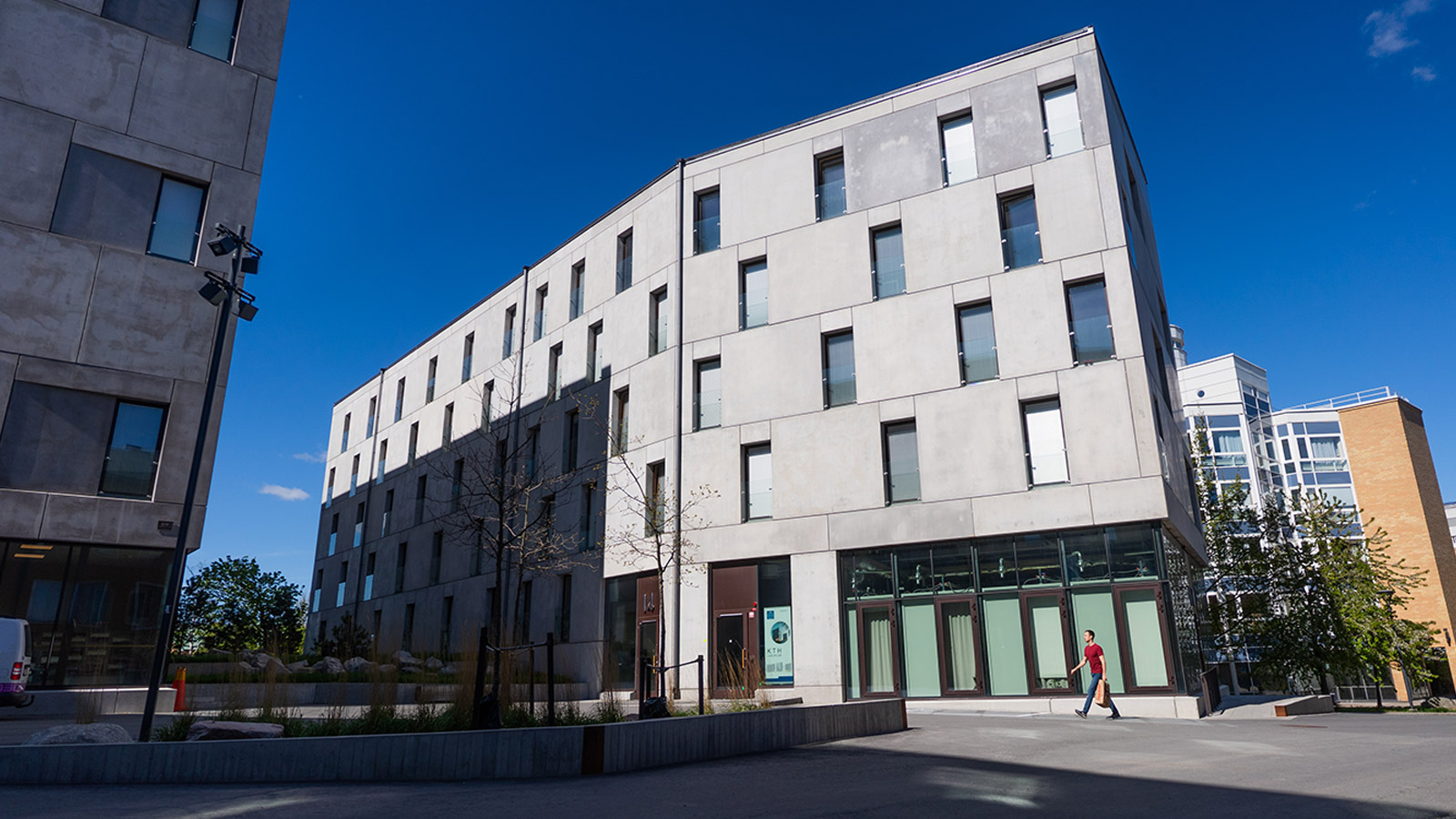Ethical and legal aspects of "smart houses"
The possibility to collect personal data that comes with smart houses rises new ethical and legal issues. The project has focused on how the benefits of new technology and digitization can be balanced against the individual's integrity, something that has become even more important with GDPR.

Project description
The rapid development of technology enables the production of more energy-efficient buildings. The same technology also makes it possible to optimize designs based on analysis of how buildings and building components are used over time by collecting personal data. This collection raises a number of issues regarding security, integrity, responsibility and ownership of these data.
There is a need for an increased basic legal competence and knowledge in this area. One of the main reasons for this is that digitalisation has such great opportunities for monitoring and collecting data that the individual's sovereignty and several legal basic principles are challenged. The development raises questions about
- security,
- integrity,
- responsibility,
- ownership of these data.
The project has studied these issues on the basis of what kind of information one should (ethically) collect in smart houses, and on the basis of what kind of information one (legally) can collect in smart houses.
The project was specially important because of the implementation of the EU's new data protection directive, GDPR.
GDPR and Smart Buildings - A study of technology, individual and society in future smart buildings
Final report, april 2019
The focus of this report has been to show how to make it easy to build smart houses, and how to make personal data processing according to GDPR as easy as possible. The goal is to provide guidance on how commercial property owners can work with smart buildings in relation to GDPR.
GDPR och smarta byggnader (pdf 1.5 MB) (In Swedish)
The report is written by Cyril Holm, Jonas Anund Vogel, Marco Molinari
Together with Barbro Fröding, Katarina Bäcklund, Elin Persson and Robin
Smart Buildings and Ethics Review - Consequences of GDPR for Ethics Review of Smart House Research
Final report, May 2020
This is the second of two projects implemented by SU and KTH with partners within the framework of the Smart Built Environment. The focus of this report has been on a question that has become an obstacle for research on smart houses, namely when and how to apply for ethics review.
Smarta byggnader och etikprövning (pdf 1.2 MB) (In Swedish)
The report is written by Cyril Holm
Together with Jonas Anund Vogel, Barbro Fröding, Marco Molinari, Katarina Bäcklund och Robin Roy
Event
The webinar "The traditional legal system vs. technology development" took place on June 25 directly from Oxford.
The webinar began with Cyril Holm, this year's Stockholm Center Oxford Fellow, giving a report from Oxford. Listeners heard about his work and the various contacts he established at Christ Church, the Institute of European and Comparative Law and other parts of the University of Oxford. He also talked about how life changed with the lockdown from March and how it was then possible to conduct research and teaching. In addition, listeners received some general reflections on British politics and British society.
More information and links to the Oxford website can be found in the document below.
Invitation to the webinar (pdf 222 kB)
